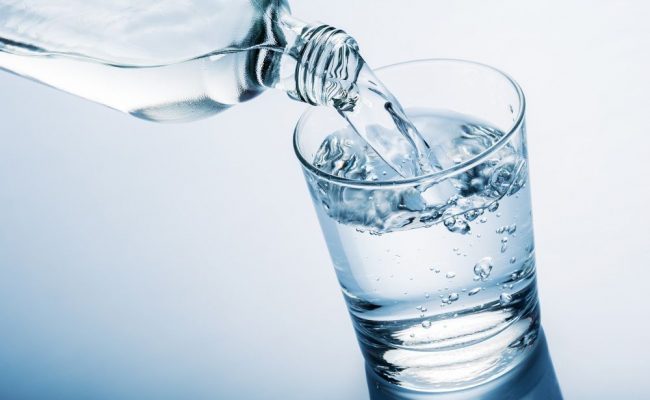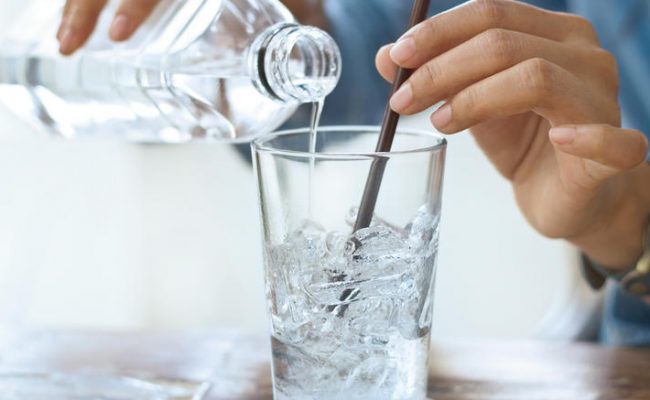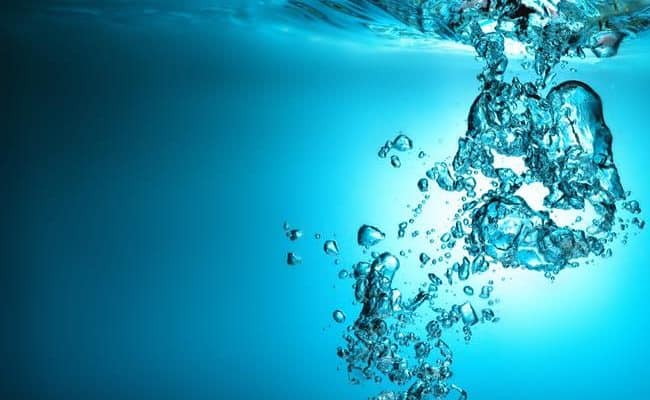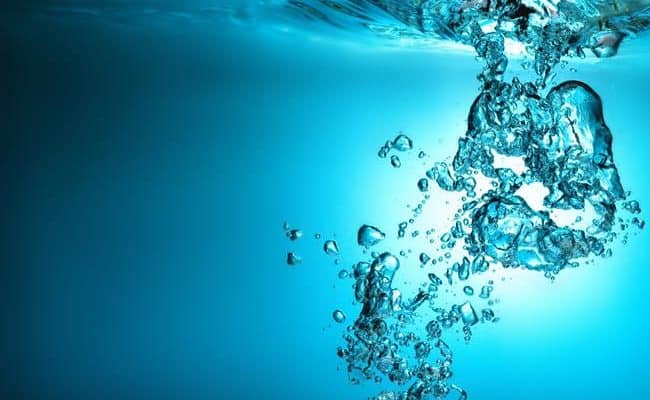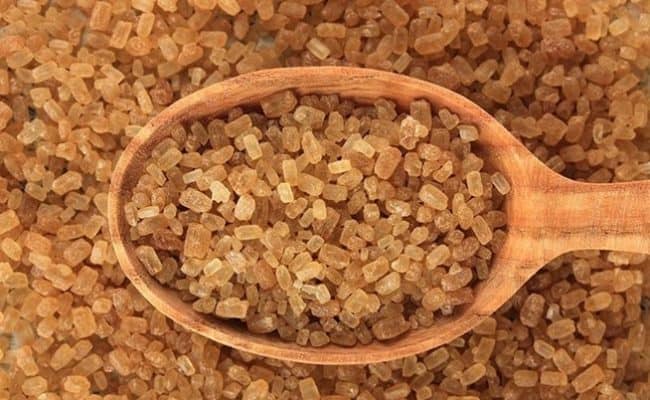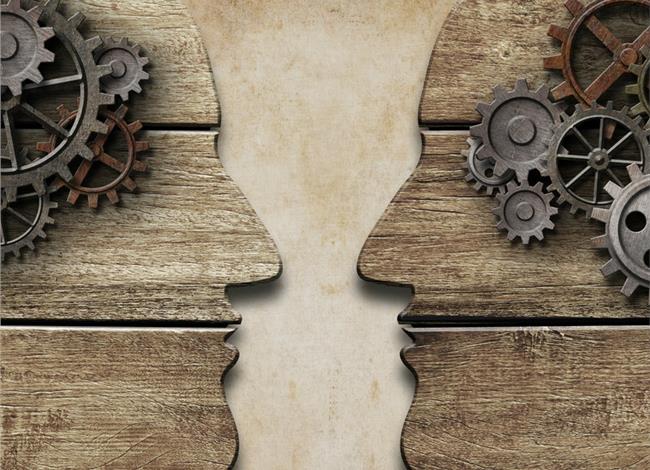
Water is one of the essential nutrients humans need to get and is maybe the most over looked nutrient. On average, human adults are about 50-60% water. We obviously need water to survive, but we can live with marginal dehydration.
When you don’t get enough water, the body adapts. Urine output and sweating goes down to conserve water. Thirst level also goes up.
Water is needed to transport nutrients in the body, lubricate joints, regulate body temperature and is a part of every cell in the body. Therefore because of water’s many roles, many systems can be affected if you don’t drink enough water.
Even with only 1-2% body water loss, mental function, energy level, and exercise performance can all be affected.
How many people aren’t drinking enough water? A 2015 study (1) found a little over 50% of children aged 6-19 years old had inadequate hydration, and up to two thirds of adults fall short of recommended water intake according to Boston College (2).
A general recommendation for water intake is about 8 cups per day. However, individual water needs can vary according to age, body size, activity level, climate and sweat rate.
A general way to gauge hydration status throughout the day is to look at urine color. On average, if your urine is usually very pale yellow to clear that can indicate adequate hydration.
If urine is darker, this can mean you aren’t drinking enough water. Here are some other ways to indicate if you are not getting enough water.
Cognitive function
Even slight dehydration of only a loss of 1-2% can affect the body. This is also when the thirst mechanism usually kicks in- when the body is already dehydrated. A loss of 1-2% body water can affect cognitive function.
According to a 2012 study (3), slight dehydration can impact the brain’s ability related to attention and memory.
A 2015 study (4) also found when children were hydrated they performed better on certain cognitive function tests compared to when they were mildly dehydrated.
Long term memory does not appear to be affected by hydration status, and working memory tasks also do not appear to be affected by mild dehydration.
Researchers are still clarifying the effect dehydration has on the brain. However, it is clear from current studies even mild dehydration can impact brain function for attention, focus and short term memory.
Fatigue, headache light headedness
Dehydration can make you feel fatigued, light headed and even nauseous in more severe instances. Some people can also develop a headache from being slightly dehydrated.
If you often feel fatigued, light headed or have headaches, make sure you speak with your physician. It could be the result of mild dehydration, but these symptoms could be from other underlying causes as well.
Effect on appetite
Appetite may be affected from being slightly dehydrated. Many health experts suggest if the body is dehydrated, the brain can interpret that as a signal to eat something.
Drinking enough water is recommended as a weight loss strategy or to lower appetite.
However, a small 2015 study (5) looked at the effect of 2% body water loss through exercise and the impact this had on appetite over the next 13 hours.
Researchers found food intake in an ad libitum breakfast after exercise the previous night did not vary significantly between participants who were under hydrated and those who got rehydrated after exercise.
Researchers concluded mild dehydration from exercise is not likely to influence food intake after exercise.
However, a significant difference between the groups was on the rating of fullness after eating.
Participants who were under hydrated after exercise reported feeling less full after eating than those who were rehydrated after exercise.
Exercise can impact appetite in various ways, so dehydration related to exercise may or may not affect appetite.
However, chronic mild dehydration from under consumption of water could impact hunger signals in the brain.
Dry skin
Many organs can be affected by low water intake including the skin. The skin is made up of about 30% water, and when you don’t get enough water may be one of the first places to show. Skin can be more dry and flaky when you are under hydrated. Being dehydrated could also increase likelihood for some wrinkles to form on the skin.
Drinking enough water can’t prevent all wrinkles from forming, as a University of Washington article (6) suggests, but it can help your skin to be less dry, flaky and prevent some easily formed wrinkles.
Exercise performance
Muscle and mental fatigue can happen at slight dehydration levels. During athletic performances, athletes who are dehydrated can have lowered athletic performance.
It is important to drink enough water leading up to a competition or event because you may not be able to reverse dehydration just from drinking a few cups of water.
Related: Should You Be Drinking Water While Exercising?
Dangers of severe dehydration
Dehydration can be serious if left untreated or progresses further than mild dehydration.
More serious symptoms (7) of dehydration include: extreme thirst, irritability, confusion, extreme dry mouth, little to no urination, sunken eyes, rapid heart beat, low blood pressure and unconsciousness.
If someone has extreme dehydration symptoms, they should seek medical attention immediately.
Mild dehydration symptoms can be treated by increasing fluid intake. The other extreme of drinking too much water can happen, but is usually a concern only if water intake is extremely high.
Conclusion
Mild dehydration can affect many children and adults. In fact, maybe even two thirds of American adults do not get the recommended water intake.
Gauging urine color throughout the day can be an easy way to track hydration status. Other symptoms of not drinking enough water could include: trouble concentrating or paying attention, fatigue, light headedness, headaches, dry skin, appetite changes or lowered athletic performance ability.
Feeling thirsty and lowered urine output can also help signal the body to preserve water levels. If symptoms go to more severe dehydration levels, seek medical attention immediately.
